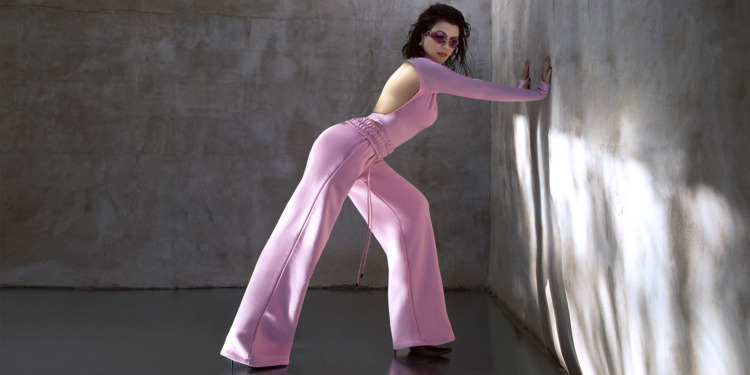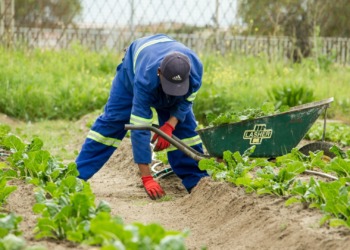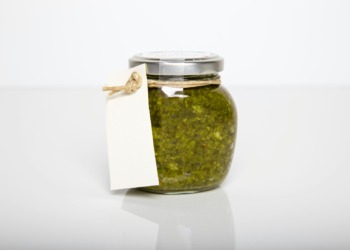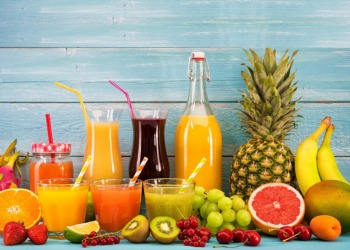When a Kardashian breathes, the earth stands still. Love them or hate them, there’s no denying that this family of TV personalities, business founders, and fashion icons hold a particularly seductive grip on the world. So when Kourtney Kardashian Barker recently set her sights on sustainability and style in a new collaboration with UK fashion brand Boohoo, tree-huggers around the world rejoiced.
A response to the conversation around the fast fashion industry’s need to reduce waste, Boohoo’s partnership with Kardashian Barker launched a 46-piece collection in September just in time for New York Fashion Week and addressed changing customer needs.
The backbone of these new needs? Sustainable fashion!
Is Bohoo considered fast fashion or sustainable fashion?
“I thought about the fact that fast fashion, or the fashion industry in general, isn’t going anywhere,” wrote Kardashian Barker in an Instagram post. “I thought about the attention this collaboration would bring to people who may otherwise have no idea about the impacts of fast fashion on our planet. I thought about how pushing Boohoo to make some initial changes and then holding them accountable to larger change would be impactful.”
View this post on Instagram
For decades, the fashion industry has guzzled resources and flooded landfills with waste. According to a 2020 report by the United Nations Environment Programme (UNDP), “the fashion industry is […] responsible for 2-8% of global carbon emissions.”
Fast fashion brands relies heavily on synthetic fibers such as polyester, a non-recyclable material that endangers marine life through microplastic pollution.
A member of the Sustainable Apparel Coalition (SAC), Boohoo addresses the industry’s environmental crisis with a transparent website. It details the ways the fashion industry pollutes the environment and outlines how Boohoo reduces its eco-footprint, from initial design concepts to supply chain and packaging.
The website also defines the sustainable fiber alternatives used in products such as recycled polyester, cotton, and acrylic. By 2023, Boohoo plans to ensure that over 50% of packaging will be recyclable or compostable. Each item is featured with Product Details that provide extensive information on where and how the item was made, as well as instructions on how to maintain the garment to expand its lifetime and reduce waste.
Where are Bohoo clothes manufactured?
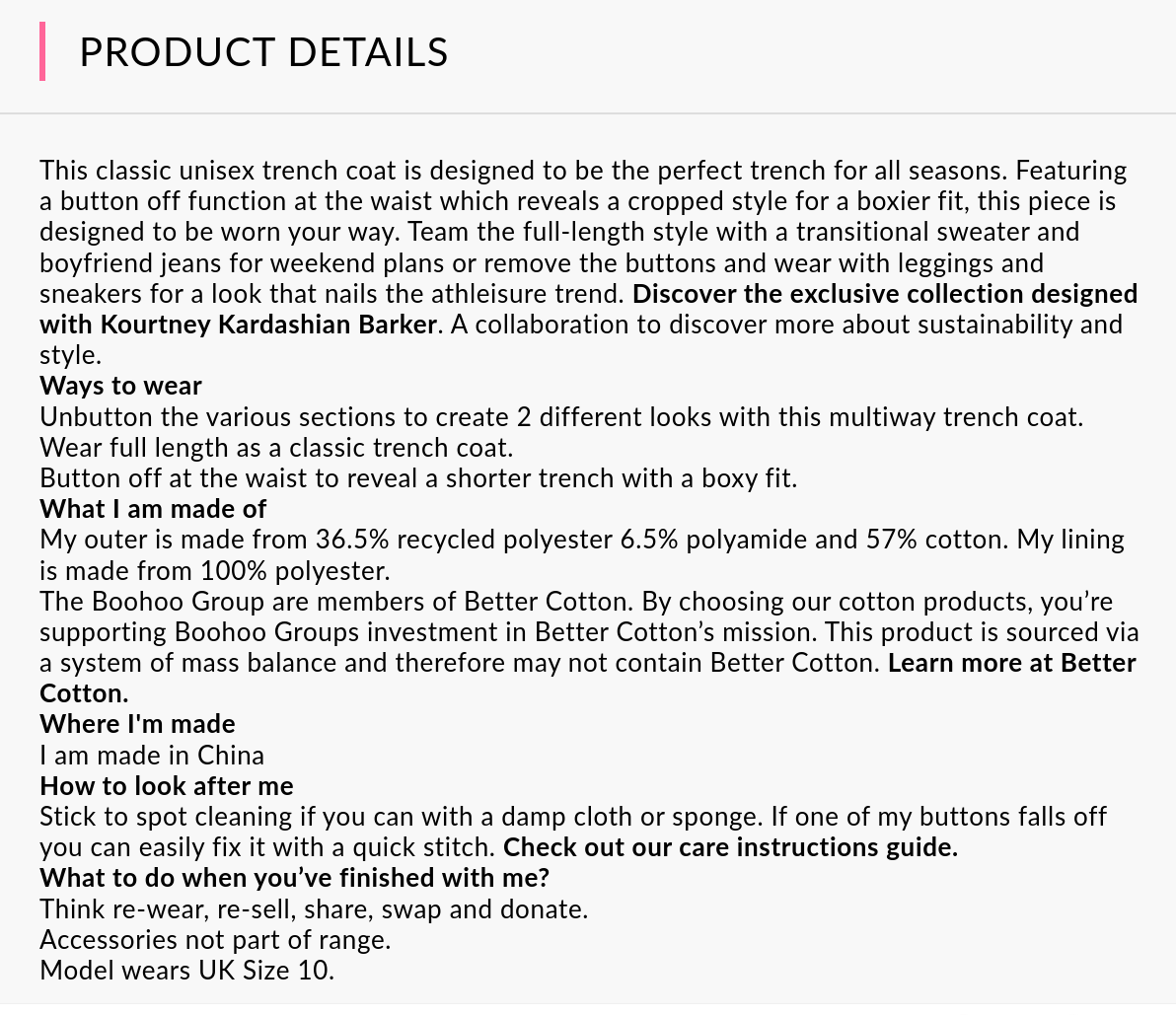
Similar to sustainability practices like avoiding overproduction and consumption, and movements like the #WearMe30 slow fashion challenge, Boohoo care item instructions advise wearers to don the garment at least 30 times before discarding. The best part? When customers are finished with a product, the care label even advises consumers to waste alternatives like “re-wear, re-sell, share, swap and donate.”
What is Kourtney’s new line?
The Kardashian influence on the apparel industry is significant, and the Boohoo collaboration turns a page in how sustainable fashion is perceived across the board. With faux leather trench coats and slinky satin dresses, Kardashian Barker showcases the way eco-friendly fashion can be as bold, sexy, and trendy as any product found in H&M or Zara.
Related Articles: Fast Fashion’s Detrimental Effect on the Environment | Legislation Against Fast Fashion: Will The FABRIC Act Revolutionize the Industry?
Boohoo has also documented the inspiration process in a YouTube series called “The Journey by Kourtney Kardashian Barker.” In Episode 1, Boohoo Head of Sustainability Rosie Howells said, “Boohoo is a fashion brand and fashion brands have an impact on the environment and an impact on people across all steps of the value chain. We need to acknowledge that impact and try to reduce it as much as we can. Our people that work for Boohoo want to improve the sustainability of the business. Our customers are asking us about it, and also our broader stakeholders are, too. We need to ensure we are being as sustainable as we can be.”
Is Bohoo really sustainable?
Despite the brand’s open commitment to sustainability, waves of social media criticism have accused the brand of greenwashing. Fashion Instagram page DietPrada recalled Boohoo’s failure to enhance garment workers conditions following a 2020 report by Labour Behind the Label.
“Using massive celebrity influence to sell more stuff will never be the solution,” DietPrada declared in the post, “no matter how much recycled material is used.”
The material itself has been the basis for greenwashing claims, too. The capsule collection’s sustainability campaign relies on touting its organic, compostable, and recyclable fabrics. While styles are threaded with recycled polyester and cotton from Better Cotton™ and Cotton Connect, the High Shine Faux Croc Trench Coat’s care label features polyurethane which, according to a recent Buzzfeed article, can’t be recycled and poisons landfills with toxic chemicals.
While transparency is obviously valued by Boohoo, many critics are frustrated by alleged misleading marketing following the discovery of polyurethane in the collection.
Addressing the accusations, Kourtney Kardashian Barker’s Instagram post added that she knew partnering with Booho would get backlash because fast fashion brands and sustainability “don’t go hand in hand.”
Hopefully, Boohoo will reach its goals this time next year, and Kardashian Barker will continue her campaign to integrate fashion with sustainability.
— —
You can discover vetted sustainable fashion trends, without the risk of greenwashing, on Impakter ECO.
Editor’s Note: The opinions expressed here by the authors are their own, not those of Impakter.com — In the Featured Photo: Kourtney Kardashian Barker wearing Boohoo’s Wide Leg Joggers. Featured Photo Credit: Boohoo.


